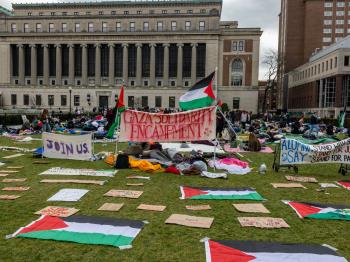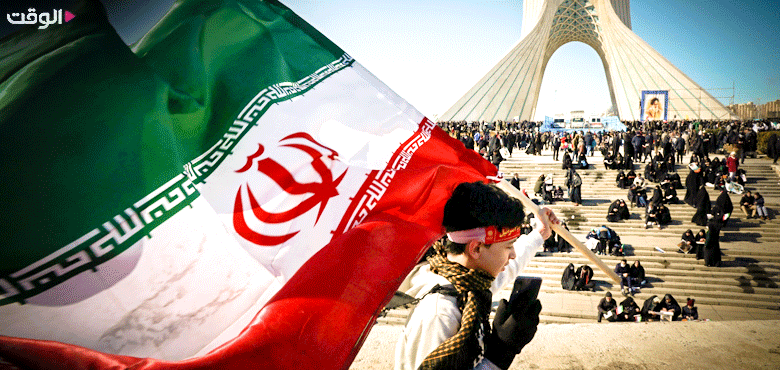Alwaght- World leaders have had another opportunity to share their views on various international issues as the 76th United Nations General Assembly started on last Tuesday.
The Saudi Arabian King Salman bin Abdulaziz, whose health condition has been a focus of media reports in recent months, delivered his virtual address from Riyadh. The start of the Riyadh-Tehran negotiations in the past months in Baghdad and the impasse in the war on Yemen were cases which were expected to give a different tone to the Saudi monarch's speech. However, what happened during the address were unfounded charges against Iran and showing no will to end the anti-Yemeni war.
Saudi foreign policy confusion in way to pass crises
Scrutinizing the Saudi King's speech at the UN General Assembly, one can point to his efforts to respond to growing international criticism against the Arab kingdom's direct responsibility for creating a humanitarian crisis in Yemen by continuing the all-out siege and war in the country. The Saudi monarch is also escaping forward by lashing out at the peaceful Iranian nuclear program to cover his country's destabilizing and interventionist activities from Yemen and Lebanon to Qatar, Iraq, and Syria, and Bahrain, plus assisting the 2016 military coup in Turkey meant to topple President Recep Tayyip Erdogan.
While Saudi concerns about the withdrawal of US troops from the region and downscale of Washington's security commitments, as well as efforts to pull out of the Yemeni quagmire gracefully, have forced Riyadh to make changes to its regional policy, the king's insistence on the so-called Saudi peace initiative in Yemen as the only solution to the crisis demonstrated that Riyadh is not interested in regional peace and stability.
Riyadh’s sending mixed and paradoxical messages should be read a result of confusion of its leaders as they struggle to manage the crises their foreign policy is grappling with.
Saudi Arabia's aggressive foreign policy under King Salman and his son Mohammed, as a main policy maker, became a showcase of back-to-back failures in a majority of cases, among them the costly war waged on Yemen. Now, after six years of fruitless war and spending billions of dollars, Saudi Arabia not only is not close to the stated goals but also its territorial security, especially its vital economic arteries, is under unprecedented threat from Yemeni missiles and drones.
Retreating in Qatar crisis case and lifting the siege earlier this year on Doha is another example of the lack of foresight in decisions made by the Saudi ruling body.
Sometimes disputes in the royal family have led to such contradictory signals. Although King Salman's health is deteriorating, he still seems to be resisting some of his son's decisions and rhetoric. For example, shortly after Prince Mohammed spoke of the common interests of Saudi Arabia and the Israeli regime, King Salman publicly criticized Trump's recognition of al-Quds (Jerusalem) as the capital of the Israeli regime, calling the Arab peace plan, officially called two-state initiative, the only solution to the Palestinian cause.
Possible progress of negotiations
Certainly, the variable of Yemen war is especially influential in the process and the result of the Iranian-Saudi negotiations. Saudi concerns about attacks on its oil facilities, as well as the security of offshore oil pipelines in the Red Sea and the Persian Gulf, are on the top of Riyadh's agenda. The solution to these issues also depends on the acceptance of the realities of Yemen by the Saudis. The view of Yemen as a backyard and the continued dependence of the Sana'a government on Riyadh has no place in the realities of Yemen today, and Riyadh must first end its interventions to solve its problems with Sana'a. Once its devastating atrocities are over, striking regional deals in which security interests of all sides are considered will be win-win for all sides.
Although Saudi officials have presently shown no sign of changing their position on Yemen, the Iranian side's position emphasizes on the progress of bilateral talks. Last Wednesday, news agencies reported that Iranian Foreign Minister Hussein Amir-Abdollahian had met with officials from Arab countries, including Saudi Arabia, Kuwait, Qatar, Egypt and Jordan, making clear to them that the new Iranian government's top priority is strong relations with neighbors.
Iran's ambassador to Baghdad in an interview with Iraqi News Agency on Saturday said that the talks with the Saudis were "progressing rapidly", hoping that they reach specific results. Iraq is the main mediator of the talks between the two regional powers and has hosted four rounds so far over the past months.



























